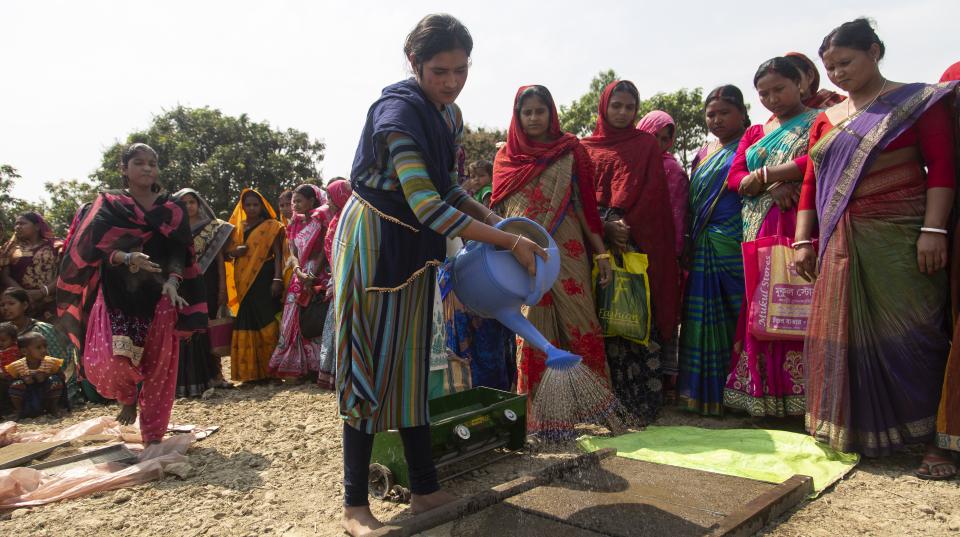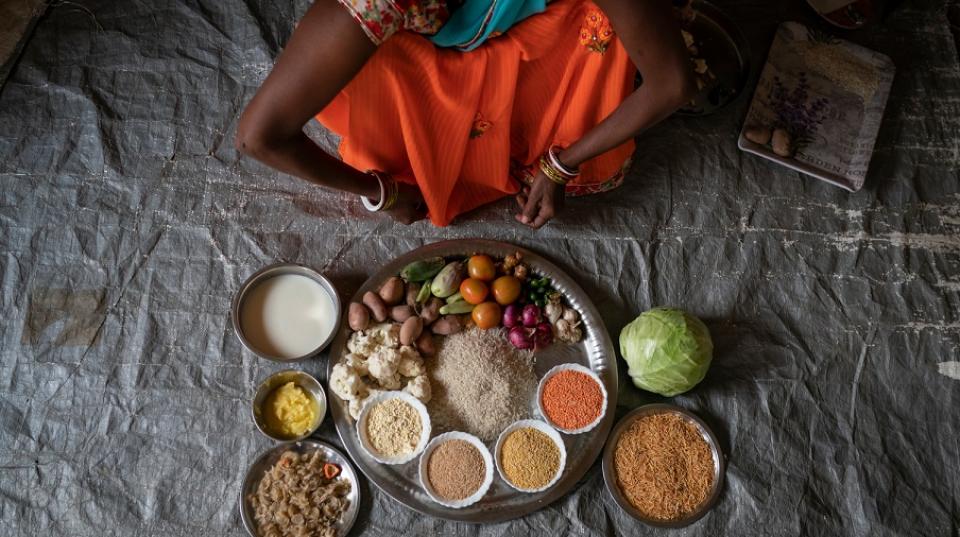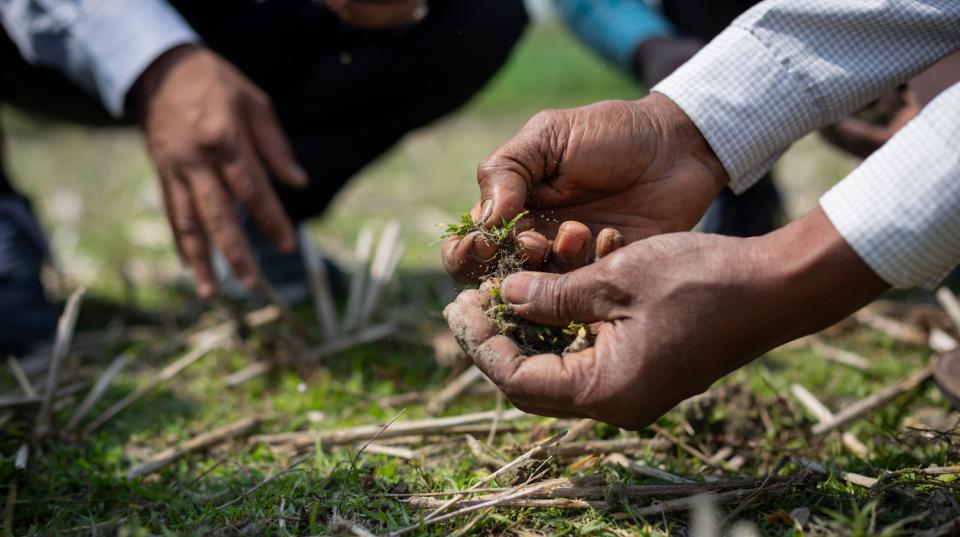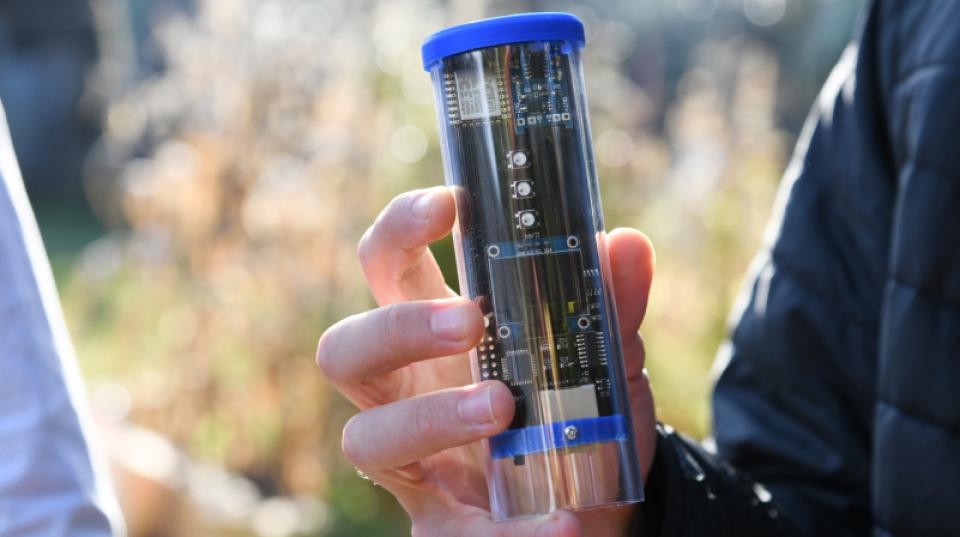Overview
This project aimed to inform and improve the future of food systems in the EGP region and to strengthen local capacities for scenario-based foresight exercises through training, mentoring and supporting a learning-by-doing approach.
The challenges for the food, energy and water security and the transformational opportunities in the EGP provide a rich context for undertaking foresight exercises for food systems. The EGP has the highest density of farmers, farm labourers and consumers in the world. The region is experiencing rapid economic transformation.
Irrespective of the methodology and the scale of analysis, these foresight activities will focus on the impact of changes in food systems and policies and governance structures driving these changes on the vulnerable sections of the population, that is, women and near-landless farmers.
This project is part of the DFAT/ACIAR-funded Sustainable Development Investment Portfolio (SDIP) program.
Project outcomes
- Enabling researchers and policy-makers to identify the drivers of changes in the food system, interactions among different drivers, and reflecting on implications of trends and uncertainties in the drivers for natural resources and people.
- Improving awareness and understanding about what foresight is and how it can serve the interests of farmers, policy-makers, and other stakeholders in the food system.
- Improving capacity and increased engagement of local partners to undertake foresight and scenario building exercises for a sustainable food system.
- Producing three analytical reports on emerging opportunities and challenges for women and men in the farming communities of Bangladesh, West Bengal and Nepal and their strategies to deal with them. These reports will be based on participatory foresight exercises with the communities.







